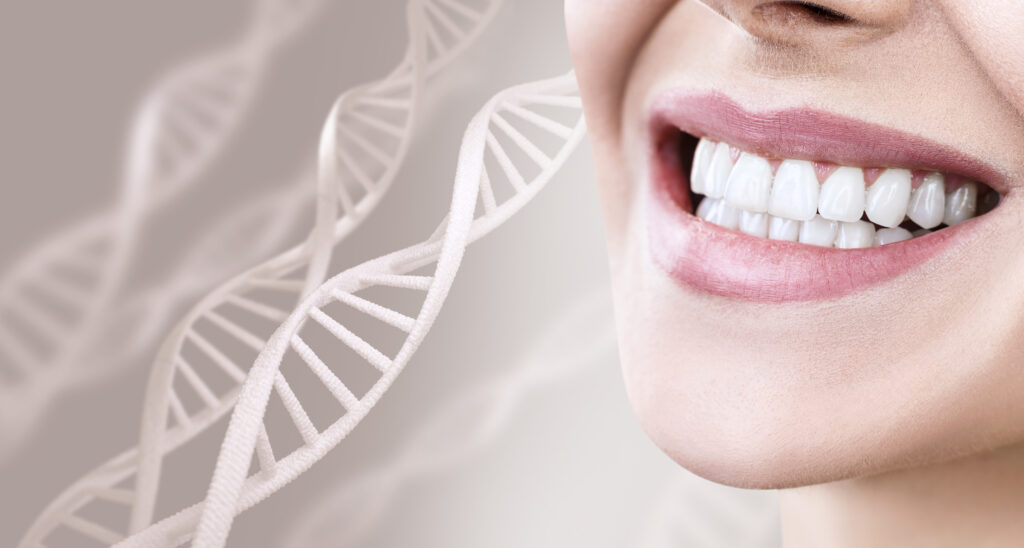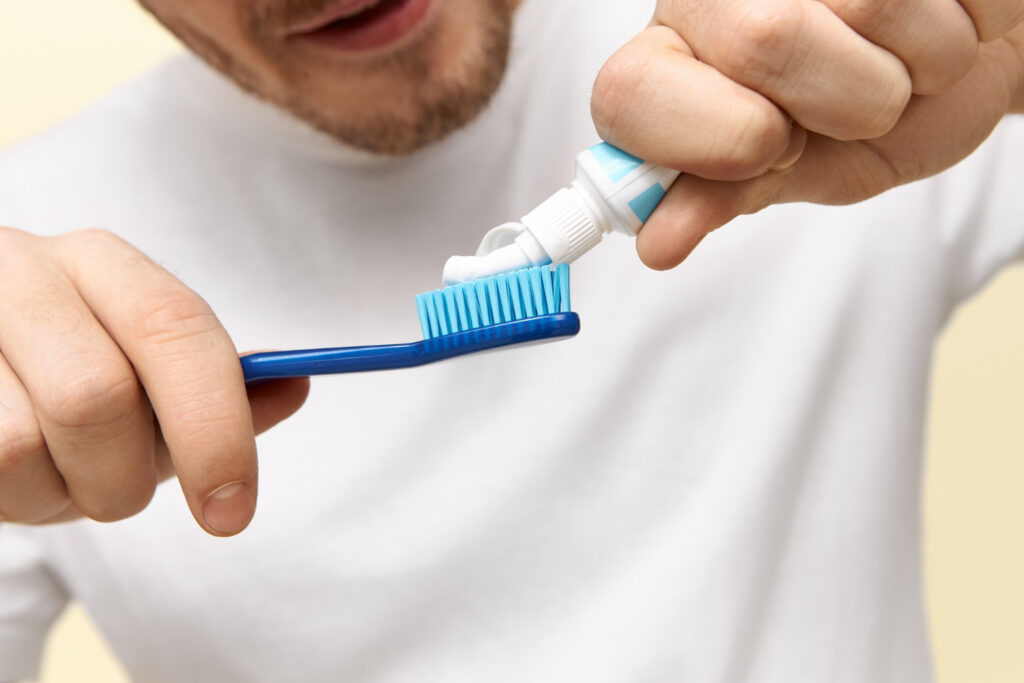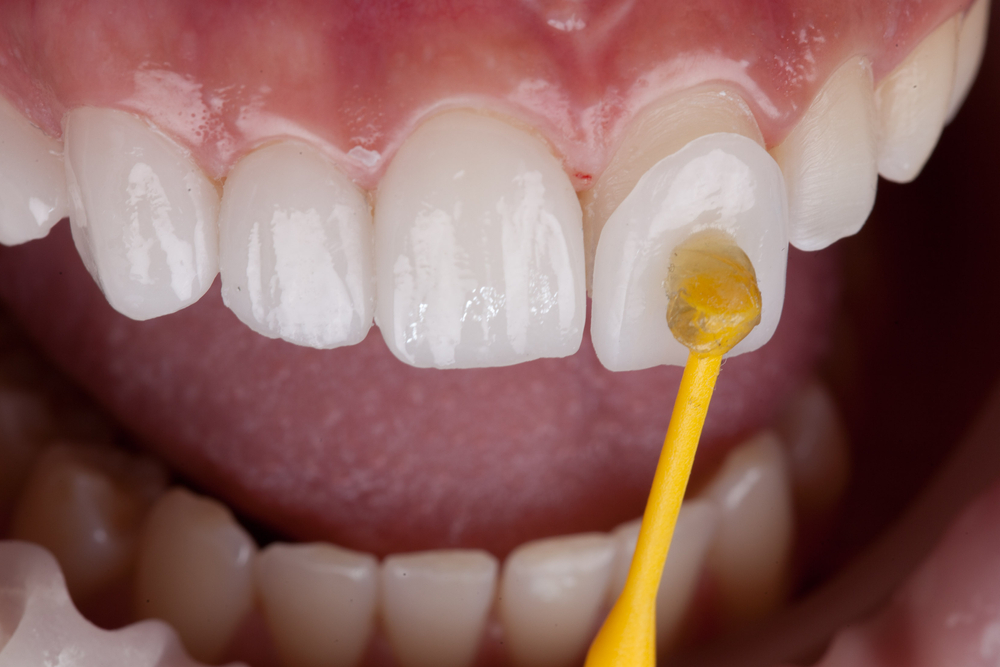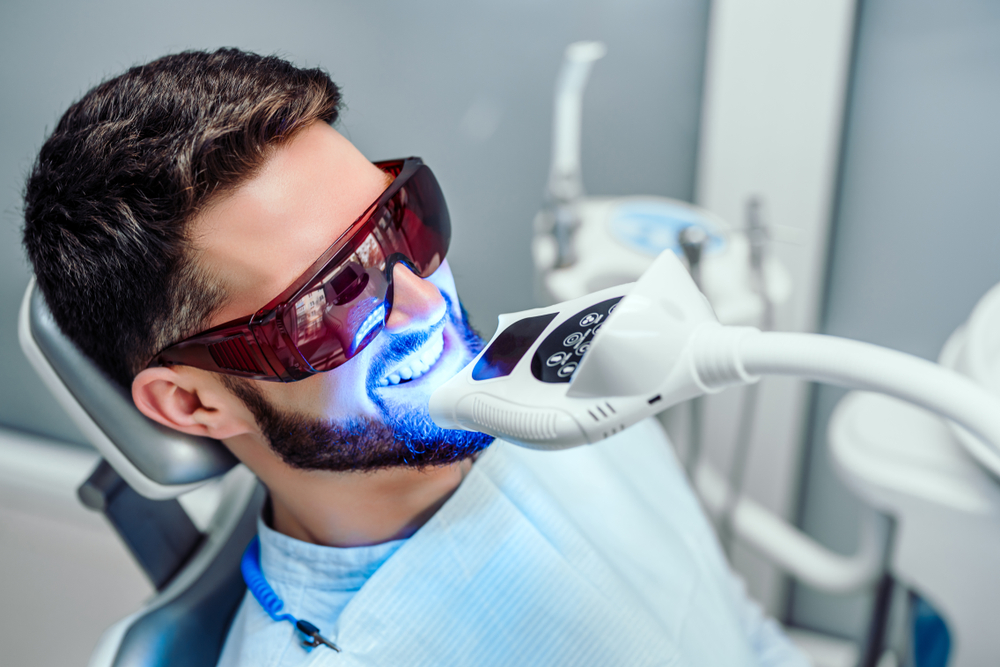Ever gazed in the mirror and pondered if your teeth’s appearance and health are products of your genes or influenced more by your environment and habits? It’s an age-old debate, akin to the famous ‘Nature vs. Nurture’ discourse. When it comes to dental health, it’s a mix of both, and in this article, we will explore the dance between genetics and other influencing factors.
Understanding the Role of Genetics in Dental Health

We’ve all heard the term “It’s in your genes.” But when it comes to dental health, what exactly does that mean? Let’s break it down:
- Tooth Size and Shape: The size and shape of your teeth are heavily influenced by your genetic coding. Ever noticed a family resemblance in smiles? That’s genes at work. Some of us might have slender, long teeth, while others might boast broader, shorter ones, largely based on genetic predisposition.
- Tooth Alignment: Genetics can also determine the natural alignment of your teeth. Issues like overbites, underbites, and even the spacing between teeth can be inherited traits. This doesn’t mean if your parents had crooked teeth, you’ll definitely have them too, but there’s a higher chance.
- Jaw Structure: Your jaw’s shape and size, which can affect how your teeth are positioned and even your vulnerability to conditions like temporomandibular joint (TMJ) disorders, can also be credited to your genes.
While genes play a significant role in determining certain aspects of our dental health, it’s essential to remember they’re just a part of the picture. Our environment, habits, and dental care practices also have a crucial role. Stick with us as we delve deeper into how these factors can work in tandem, and sometimes in opposition, to influence our oral health.
Common Genetic Dental Disorders
When we discuss genetics and dental health, it’s not just about the shape, size, or alignment of teeth. There are specific dental disorders directly tied to our genes. Here’s a spotlight on a few of them:
- Amelogenesis Imperfecta: This is a rare inherited disorder where the enamel on the teeth is either absent or extremely thin. Individuals with this condition might notice discolored, sensitive, or easily breakable teeth. The culprit? Mutations in genes responsible for enamel formation.
- Dentinogenesis Imperfecta: Similarly, this disorder affects the dentin (the layer beneath the enamel). Teeth may appear bluish-gray or amber brown and are prone to wear and breakage.
- Ectodermal Dysplasia: A broader condition that can affect skin, hair, nails, and yes, teeth. Those with this genetic condition might have missing teeth, or their teeth might be pointy or oddly-shaped.
- Familial Advanced Sleep-Phase Syndrome: It might sound unrelated, but this genetic condition affects one’s internal clock. Individuals might find themselves waking and sleeping at unconventional hours, which can indirectly impact oral hygiene habits and routines.
Awareness of these conditions is essential. Early diagnosis can lead to better management and treatment options, ensuring the best possible dental health outcomes.
The Environmental Side of the Coin

Your genes set the stage, but your environment and personal choices direct the play when it comes to dental health. Here are some critical environmental factors:
- Diet: Consuming sugary foods and beverages can lead to tooth decay. The bacteria in our mouth thrive on sugars, producing acids that attack the enamel. Calcium-rich foods, on the other hand, can strengthen teeth.
- Oral Hygiene Habits: Regular brushing and flossing remove food particles and limit bacterial growth. Neglecting these practices can lead to gum diseases and cavities, irrespective of your genetic makeup.
- Fluoride Exposure: Access to fluoridated water or using fluoride toothpaste can play a pivotal role in preventing tooth decay.
- Tobacco Use: Smoking or chewing tobacco can lead to tooth discoloration, gum disease, tooth loss, and even oral cancer.
- Regular Dental Check-ups: Visiting a dentist, like Dr. Dawson or Dr. Turke in Glendale, AZ, can help in early detection and management of dental issues, ensuring they don’t escalate.
In essence, while our genes lay the foundation for our dental health, our environmental interactions and personal choices can significantly alter the landscape. Balancing both gives us the best shot at a radiant, healthy smile.
Preventive Measures Regardless of Genetics

Whether blessed with enamel-strong genes or not, some preventive measures universally benefit everyone when it comes to safeguarding dental health.
- Routine Dental Check-ups: Just like a car needs regular servicing, our teeth need consistent professional attention. Dentists can spot potential problems early, preventing the need for more severe treatments down the road. Whether you’re in Glendale, AZ, or anywhere else, don’t skip those biannual visits.
- Brushing Techniques: It’s not just about brushing; it’s about brushing right. Use a fluoride toothpaste, hold your toothbrush at a 45-degree angle to the gums, and use gentle, circular motions. Don’t forget the inner, outer, and chewing surfaces of all teeth.
- Flossing: Often overshadowed by brushing, flossing is crucial. It helps remove food particles and bacterial film from areas a toothbrush can’t easily reach: between the teeth and under the gumline.
- Mouthwash: A fluoride mouthwash can be the cherry on top, giving an extra layer of protection against tooth decay.
- Dietary Choices: A diet low in sugars and acids and rich in calcium and other minerals can play a pivotal role. Crunchy vegetables and fruits also stimulate saliva production, a natural defense against bacteria.
- Protective Gear: If you’re into sports or activities that might pose a threat to your teeth, consider using mouth guards or full-face helmets.
In essence, regardless of genetic predisposition, these preventive measures can make a world of difference in ensuring optimum oral health.
Myths and Misconceptions Surrounding Genetics and Dental Health
The world of genetics is complex, and with complexity often come myths and misconceptions, especially in the realm of dental health. Let’s debunk some:
- “If my parents had cavities, I will too.” While there’s a genetic component influencing susceptibility to tooth decay, your dental care routine and diet can play a more substantial role. Cavities are not inevitable!
- “I inherited ‘soft’ teeth from my family.” There’s no such thing as inherently “soft” teeth. However, genetic factors can influence enamel strength. With proper care, even teeth with thinner enamel can remain healthy.
- “Bad gums run in our family.” Gum diseases can have a hereditary aspect, but lifestyle choices such as smoking, poor dental hygiene, and diet can be more influential factors.
- “Braces are a must if my parents had them.” While orthodontic issues can be genetic, each individual’s dental structure is unique. Only a dentist can determine if braces or aligners are necessary.
- “Genetics mean my dental fate is sealed.” Genetics lay the groundwork, but environmental factors and personal choices can significantly alter outcomes.
It’s essential to approach dental health with a balanced perspective, giving due credit to both genetic and environmental factors. And remember, when in doubt, consult a dental expert like Dr. Dawson or Dr. Turke at Smile Science Dental Spa to get a clearer picture.
Balancing Genetics and Dental Care

As we’ve navigated the intricate tapestry of dental health, one thing stands clear: while genetics sets the stage, our daily actions become the leading actors in this play. But how do we strike a balance?
- Acknowledging Genetic Factors: Recognizing inherited dental traits can provide valuable insight. For instance, if a specific gum disease runs in the family, you can take preemptive steps with your dentist.
- Prioritizing Daily Care: Brushing, flossing, and using mouthwash daily can reduce the risks of dental issues significantly. Remember, while genes might make you more susceptible, it’s often the lack of proper care that brings the problem to the forefront.
- Educating Ourselves: Knowledge is power. Understanding the importance of nutrition, the harms of tobacco, and the need for regular check-ups can significantly influence our oral health trajectory.
- Being Proactive: Instead of waiting for a dental problem to arise, schedule regular check-ups. Catching potential issues early is both easier on the pocket and ensures better outcomes.
Conclusion & Call-to-Action
Navigating the maze of dental health, with its interplay of genetics and environmental factors, can feel overwhelming. However, the takeaway is crystal clear: while we can’t change our genetic makeup, we hold the reins when it comes to our dental care choices.
Prioritize your dental health. Brush with care, floss with dedication, and never underestimate the power of a professional dental check-up. Whether you’re blessed with cavity-resistant genes or not, your oral hygiene habits will always be the linchpin holding your dental health together.
And for those residing in Glendale, AZ, or even those up for a little travel for top-notch dental care: consider visiting Dr. Dawson and Dr. Turke at Smile Science Dental Spa. With expertise spanning general, surgical, and cosmetic dentistry, you’re not just getting a dentist; you’re investing in a brighter, healthier smile crafted by some of the best in the business. So, why wait? Prioritize your smile today!
Further Reading
- Genetics and Oral Health
- Genes Are Key to Oral Health & Beyond
- Oral Health: The Difference between Genetics, Hereditary, and Lifestyle
- Genes and dental disorders






